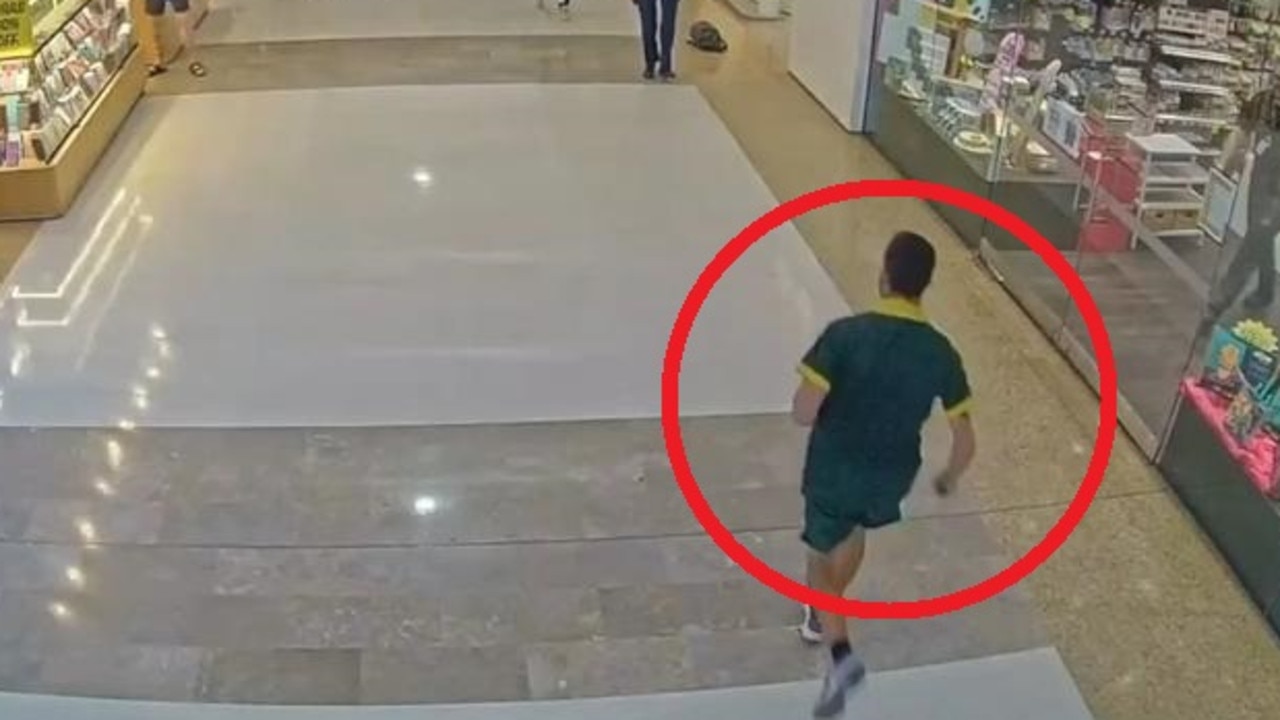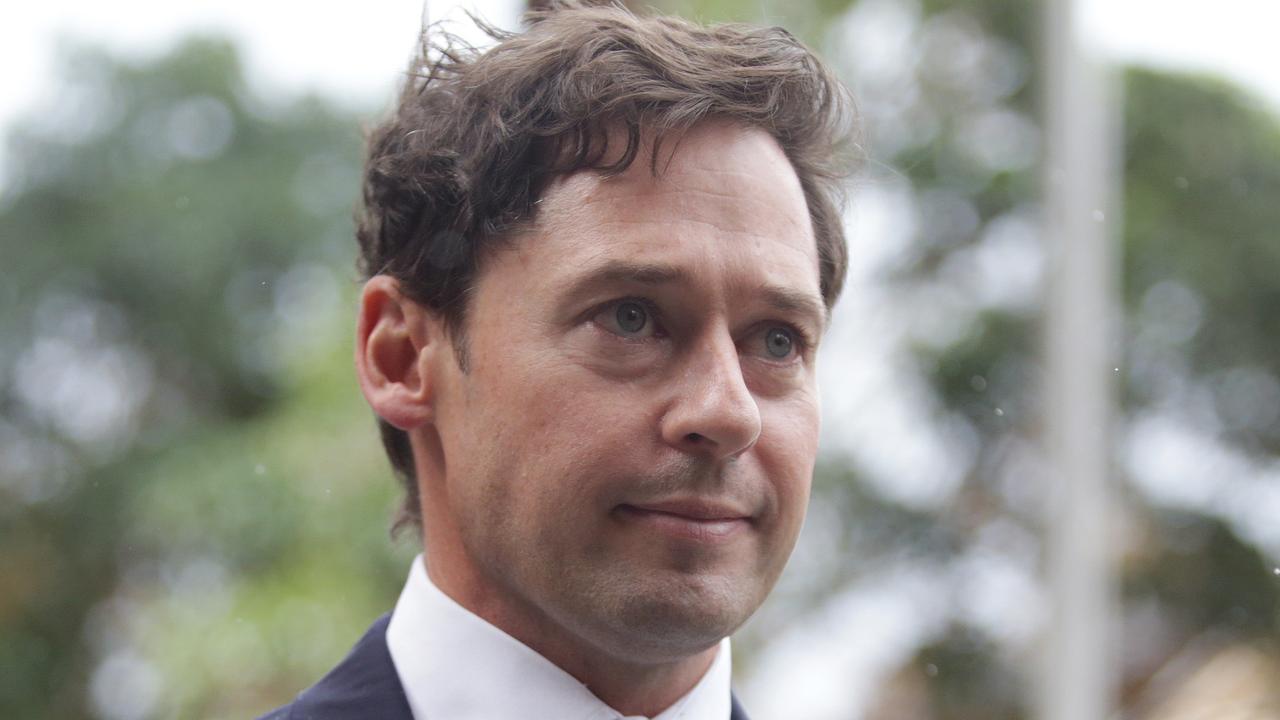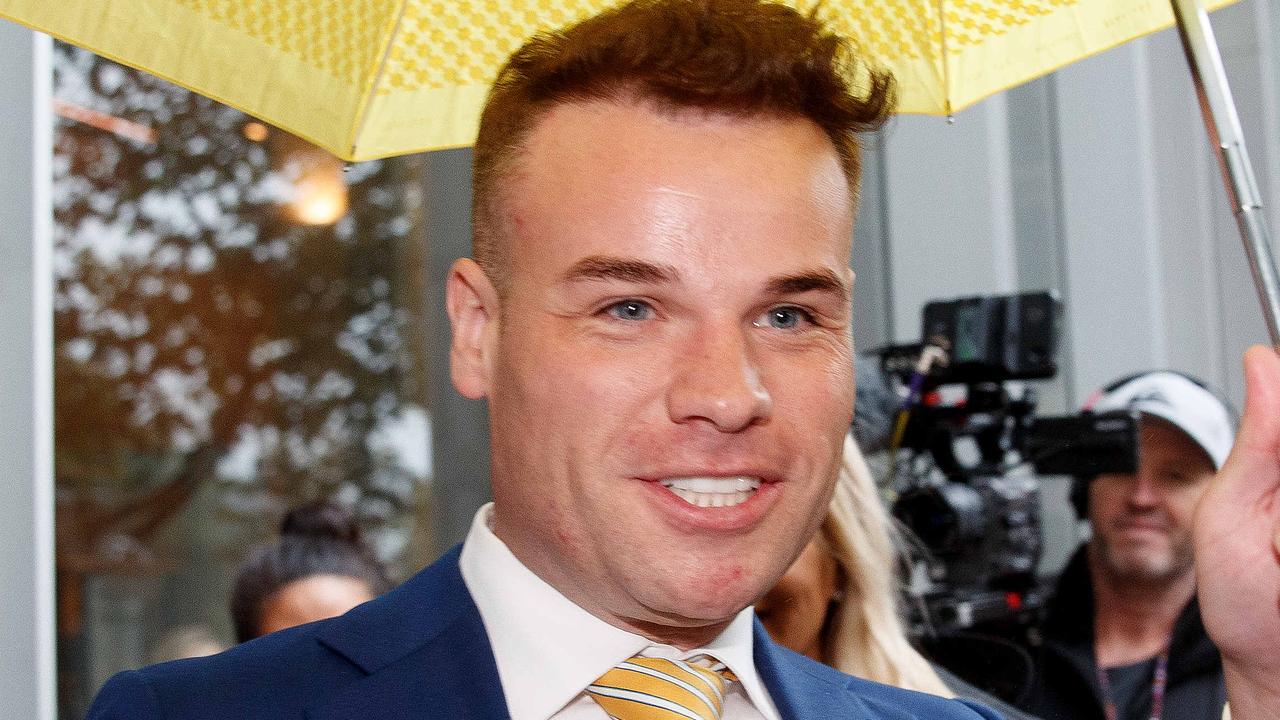Inquest into Sydney family’s murder-suicide: Court hears dad had secret lover
A Sydney father suspected killing his wife and two children made several trips to purchase what police believe was equipment he used in the murder-suicide.
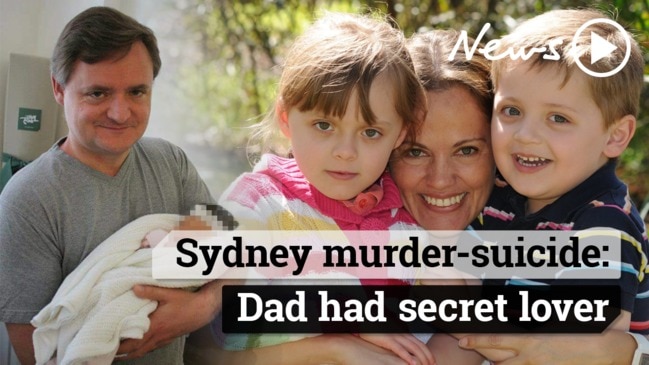
A Sydney father who is suspected of pumping lethal amounts of carbon monoxide into his home, resulting in the deaths of his wife and two children, made multiple trips to a Bunnings store before the deaths, an inquest has heart.
In the days leading up to family’s deaths, Fernando Manrique, 44, visited the store in Belrose in Sydney’s north shore to buy equipment that police believe was used to set up an elaborate mechanism to channel the deadly gas from a garden shed, through the roof and into the house.
Manrique, his wife Maria Lutz, 43, and their two children, Elisa and Martin, were found dead inside their family home on Monday, October 17, 2016.
The inquest into the four deaths, which began today, also heard Manrique had been having an affair with a teenager he met in a bar in the Philippines.
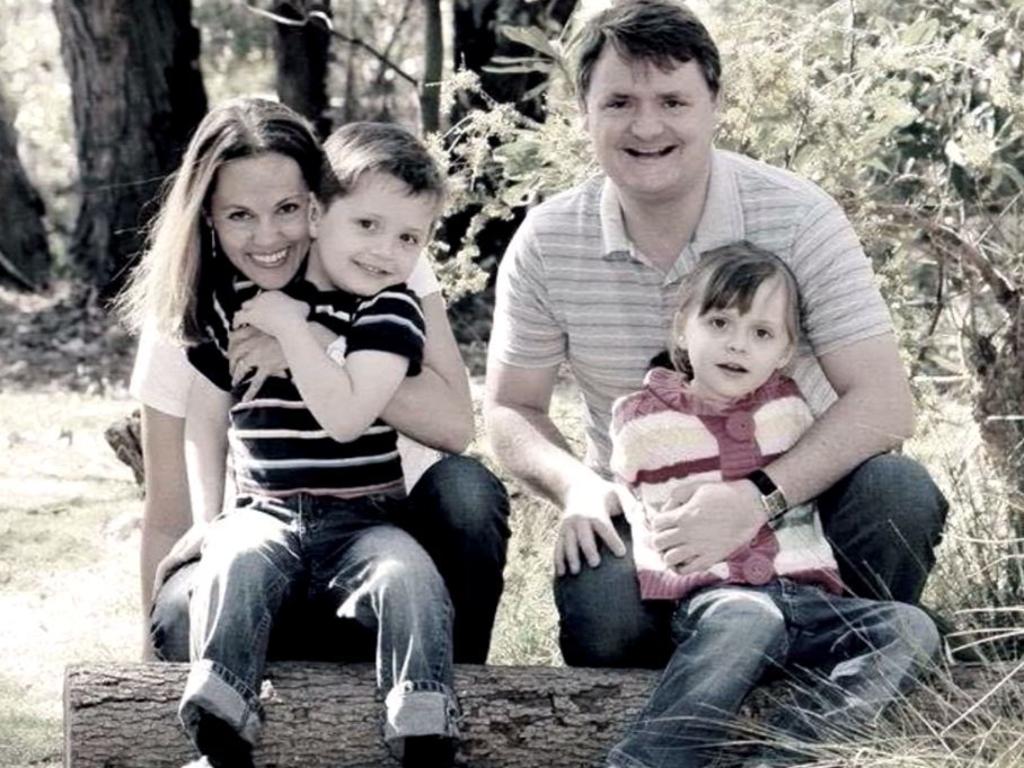
Maria had not been replying to text messages the weekend before and hadn’t dropped her kids at school on the Monday morning.
Alerted by a friend of Maria’s, police attended the single-storey home in the leafy northern beaches suburb of Davidson. While officers initially thought nothing was amiss, they soon made the grim discovery of Maria’s body through an open window.
Her daughter Elisa, 12, was beside her in bed, her husband was slumped in a hall while 11-year-old Martin’s body was found in another bedroom. The family dog, Tequila, was also dead lying on the floor close to Martin.
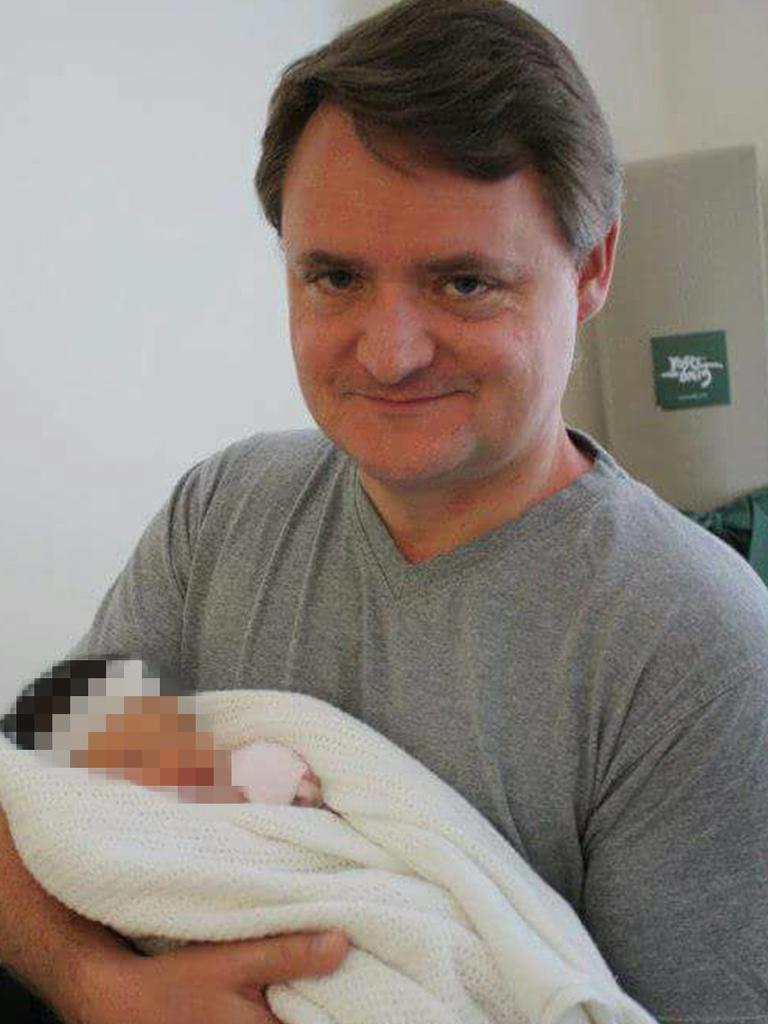
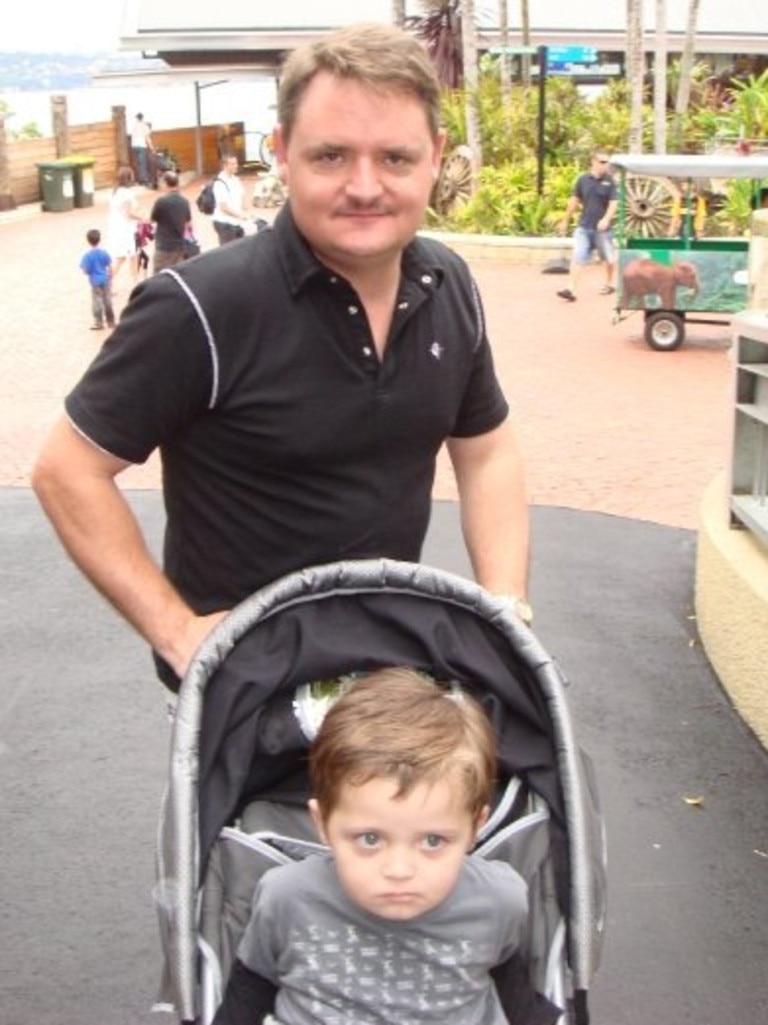
In his opening remarks, counsel assisting Adam Casselden said it was likely the family died sometime between 11am on the Sunday and 11am on the Monday, most likely as the mother and her two children slept in the early hours of Monday morning.
A neighbour said they distinctly remembered the barking of a dog from the house at 2.30am.
The couple were childhood sweethearts from their home in Bogota, Colombia. They emigrated to Australia and gave birth to their daughter in 2005 and son in 2006. Both were diagnosed with autism.
Despite the challenges the care of the children posed, Judge Truscott said there was no indication Maria was involved in her children’s deaths.
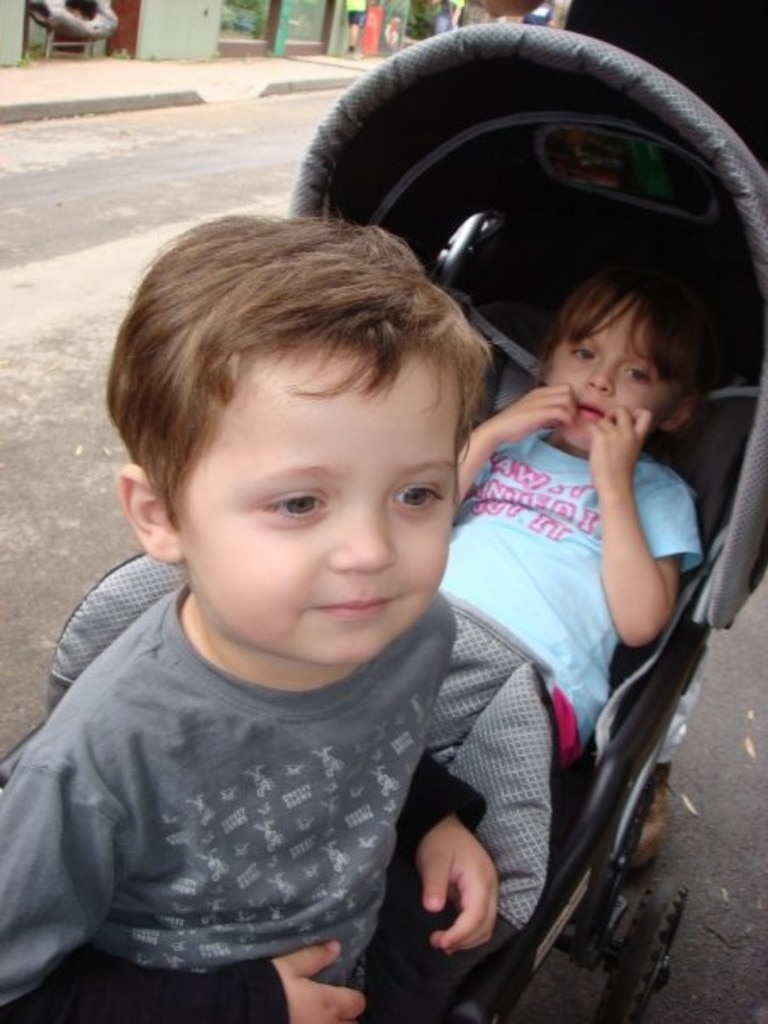
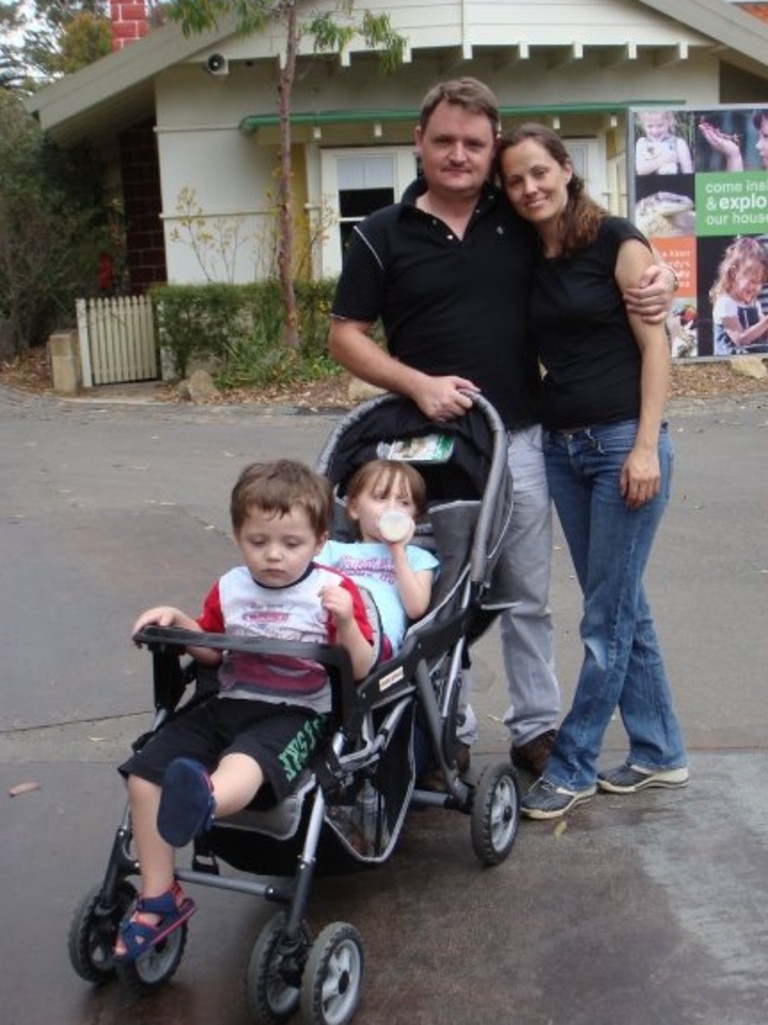
“The impression the friends of Maria have given the court is to make it very clear Maria loved her life and had every intention of continuing a loving and productive life with her children,” the judge said.
“There’s no suggestion in any of the evidence the deaths were merciful at all. She didn’t require mercy, she provided her two children with the utmost,” the judge said.
The sentiments were echoed by Detective Sergeant Timothy Pooley, who investigated the deaths.
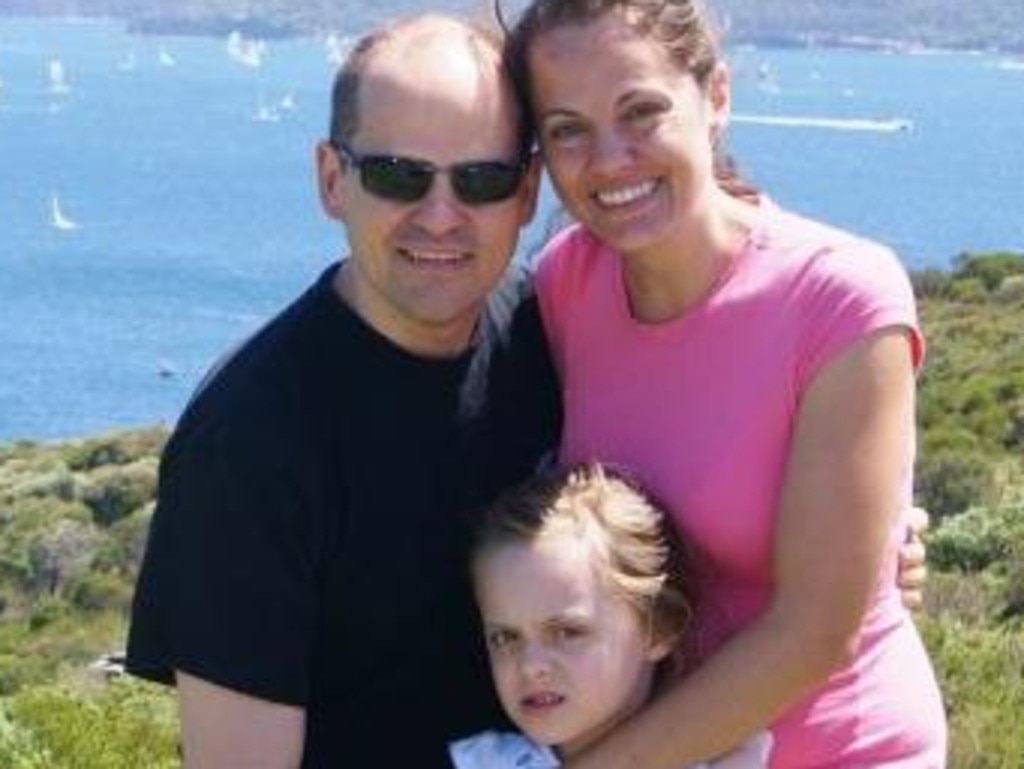
Asked if there was evidence to suggest Maria had a role in her children’s deaths, he said: “She wasn’t involved at all or had any knowledge.
“Going through phone records no indication with any person of anything like that.”
Indeed, he said the relationship between Maria and Manrique had broken down.
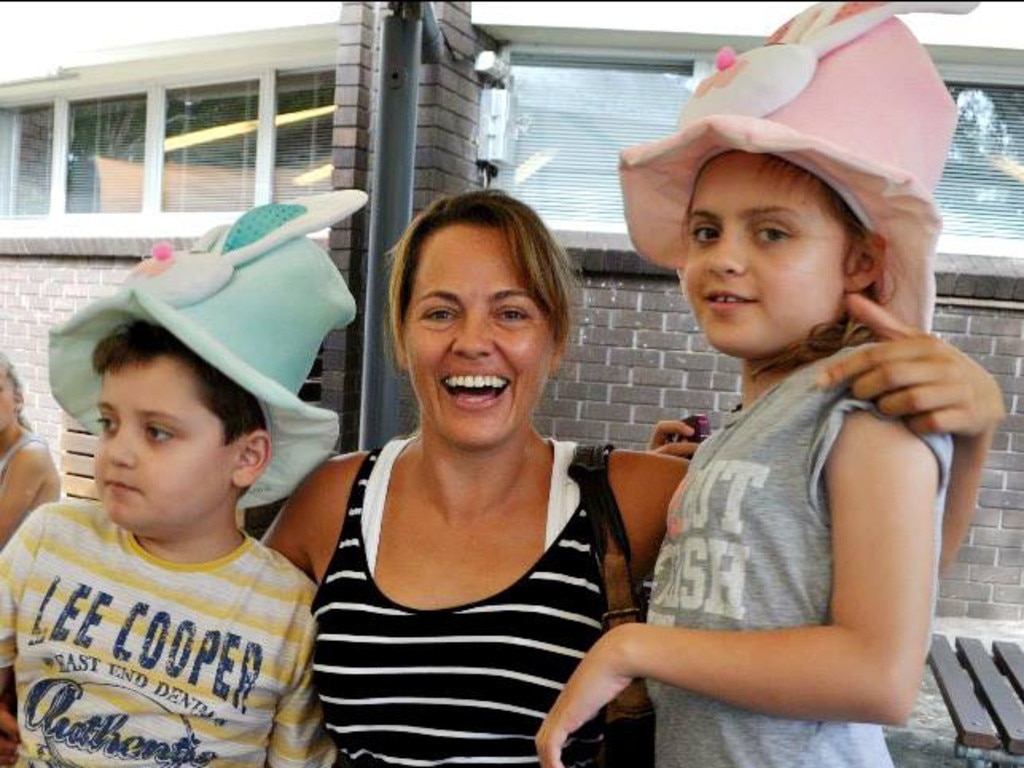
“There was very little conversation with her husband and with conversations with friends she said she has ‘had enough of him’,” Det Sgt Pooley said.
Maria, who used to be a lawyer in Colombia, had given up work to care for her children while her husband had been made redundant. That had seen his income fall dramatically as he helped set up another company, which led him to frequently visit the Philippines.
Detective Sergeant Pooley said the couple had just $6 in a family trust, had credit card debts of $28,000, only a few thousand dollars in a savings account and two mortgages, which Manrique had reduced his repayment amounts on.
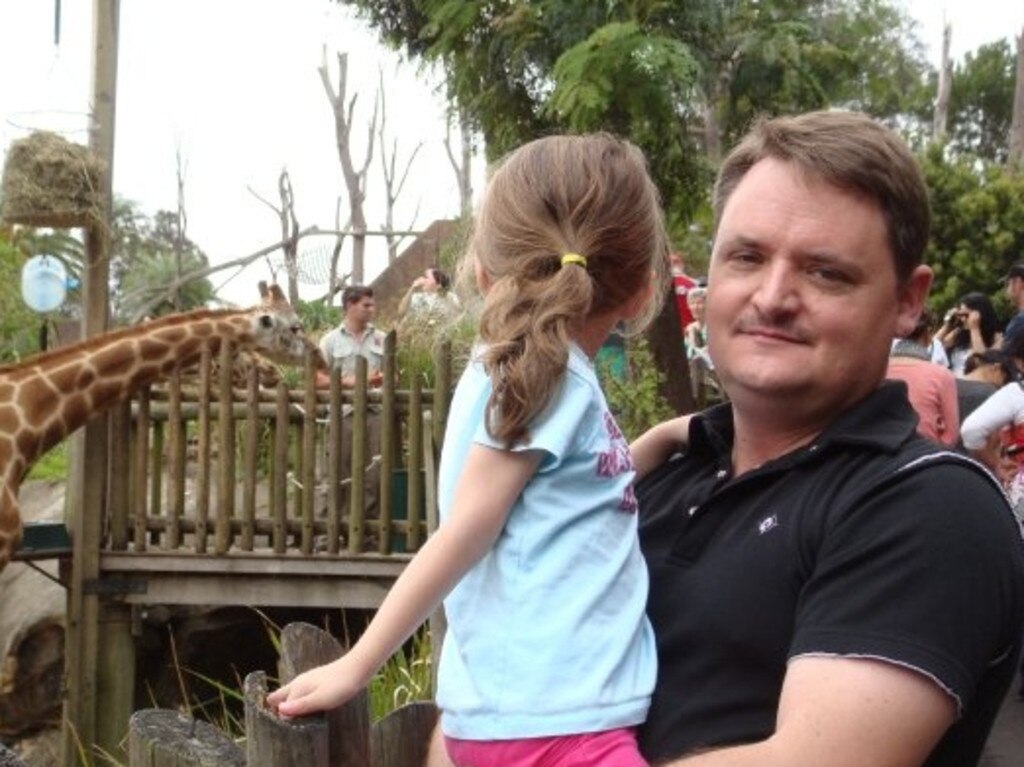
“I’d say that he was in dire straits and had massive tax issues,” the detective said.
Despite this, shortly before the family died Manrique wired several thousand dollars to a lover in the Philippines that he met while travelling for work.
Mr Casselden said Manrique had met a 17-year-old called Jamielyn in a bar in the Philippines in 2016.

“He confined in a friend his marriage had become strained and he was seeing other women in the Philippines,” he said.
Manrique would “hook up” with other women and had been seeing Jamielyn for at least four months on his trip abroad prior to the family’s deaths.
“(Manrique) said he would buy her a property but never did so. She recalled that he was particularly stressed on a final trip in September 2016.”
Mr Casselden said Maria found out about Jamielyn but this was still some time after the couple’s relationship had broken down.
In the weeks before the family’s deaths, Manrique had left the Davidson home but had returned in early September for a temporary period, he told his wife, while he found somewhere else to live.
Usually distant, Manrique seemed to be a changed man. Maria confided in a friend that “if he had been like this throughout the marriage, I would never have told him to go”.
“Maria described him as ‘father of the year’ during that week,” Mr Casselden said.
However, Det Sgt Pooley said it seemed he had already hatched a plan to gas his home having opened an account with BOC, a firm that supplies carbon monoxide gas, in late September.
Manrique also made multiple trips to a Bunnings store in Belrose in early October to buy materials to aid in his plan, he said.
Some of the items bought from Bunnings were some of the most mundane.
“The gas cylinders were locked in the garden shed with a padlock he bought in Bunnings,” Det Sgt Pooley said.
The inquest also heard from two drivers who delivered the carbon monoxide cylinders that were ultimately used in the Davidson home.
Although ordered by Manrique they weren’t delivered directly his property. Rather, he had them dropped off at a home in Parklea where he would later pick them up from.
Robert Lamont, one of two drivers who dropped off the canisters, said in two years of delivering gas canisters this was the only time he’d delivered carbon monoxide.
“They are a very distinctive cylinder. It sticks out as dangerous,” he said.
Both he and another driver, Daniel Reilly, contacted Manrique on separate occasions to check the address and to inquire as to what the bottles were to be used for. But this was more to do with him being a new customer an to ensure the address was indeed a house, rather than an overriding concern for what they might be used for.
It was unusual, but not unheard of, to deliver volatile or toxic gases to homes, said Mr Reilly. Some homeowners had small workshops they might need to use, for instance, welding gas in.
“I was curious what he was using it for. He said it was for calibration on a site close to where it was being delivered,” Mr Reilly said.
“it was a couple of minutes conversation maximum. I didn’t ask any further.”
Both drivers said they had no specific training from BOC on carbon monoxide or what it could be used for.
The inquest continues.
If you or someone you know is affected by family violence, call 1800 RESPECT on 1800 737 732 or visit www.1800RESPECT.org.au In an emergency, call triple-0


